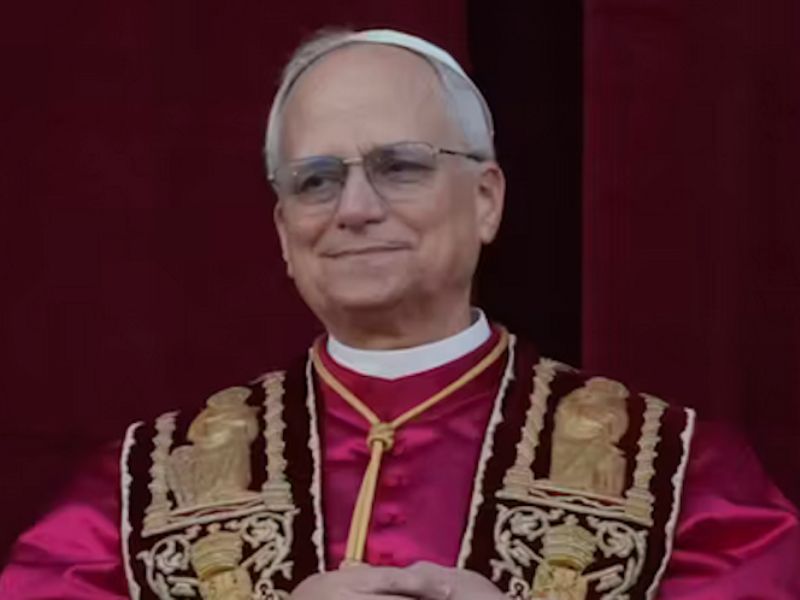Pope Leo XIV Inherits Tense State of Affairs for the Catholic Church in China

5/13/2025 China (International Christian Concern) — Much has been written about Pope Leo XIV’s role in restoring unity to a Catholic church globally divided along theological and political lines. From political issues like immigration to theological questions around gender and the role of women in the church, many eyes are watching to see how he will bridge divides and unify the church.
Even as the Catholic church continues its public struggle with these weighty political and theological questions, another decades-long schism continues to quietly fester in the East.
In China, Catholics are divided between a state-run organization called the Chinese Catholic Patriotic Association (CCPA) and underground Catholic churches that eschew government authority and maintain a direct allegiance to the Vatican. Though exact figures are difficult to obtain for the underground church, estimates put membership for both churches at around 6 million.
Founded by the Chinese government in 1957, the CCPA is a divisive institution among Catholics. On the one hand, its founding by the government makes it one of just a handful of religious organizations allowed to operate in China. On the other hand, the CCPA primarily serves as a mouthpiece for Communist government propaganda and operates with little regard for the leadership of the Vatican.
In fact, the CCPA was created with the express purpose of preventing influence by the Holy See on Chinese affairs, and the Chinese government has gone as far as to ordain bishops without Vatican consent. In 2007, Pope Benedict XVI declared the CCPA “incompatible with Catholic doctrine” due to its separatist self-management.
In 2018, Pope Francis signed a secret agreement with the Chinese government ostensibly to reclaim some degree of control over the CCPA for the Vatican. In particular, the agreement reportedly reserved for the Vatican the right to veto bishop candidates proposed by the Chinese government.
However, just a month after the agreement was renewed in 2020, China released a revised version of its Administrative Measures for Religious Clergy in which it claimed unilateral authority to appoint bishops in the CCPA. These rules disregarded any collaboration agreed to the month before.
China has acted upon this unilateral authority to appoint bishops in the years since — including in the days after Pope Francis’ death, when it unilaterally appointed two bishops. In one case, the government-appointed bishop was assigned to a diocese already headed by a Vatican-appointed bishop, setting Pope Leo up for an early diplomatic struggle.
China is known to have forced abortions on its citizens, sterilized women without their consent, and murdered religious minorities to sell their organs on the black market. In many cases, religious communities are targeted for this type of mistreatment. Christian home churches are an attempt to escape government scrutiny, but even they are often raided and their members arrested on charges of working against the interests of the state.
China is a world leader in the use of technology to surveil and repress its citizens. While the full extent of its surveillance apparatus is unknown, research has shown that it operates a system that aims to track every citizen’s movement to gain insight into their loyalty to the CCP. From mundane details like what a person wears to larger observations like who they associate with, the system works to track and understand the loyalty of each citizen.
Chinese government officials use the data captured by this system to track and control those they deem a danger to the state. Notably, this includes anybody associated with the unregistered house church movement and anyone else who might desire to practice religion outside the confines of the state-run institutions, such as the CCPA.
To read more news stories, visit the ICC Newsroom. For interviews, please email [email protected].
